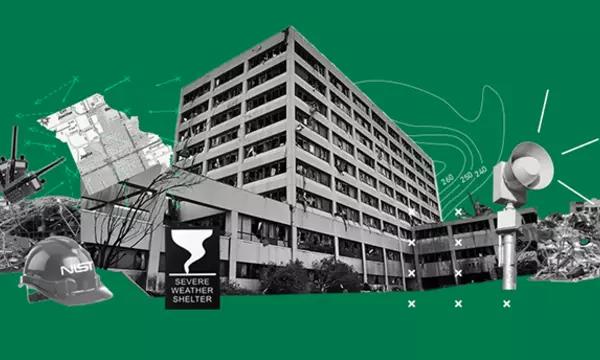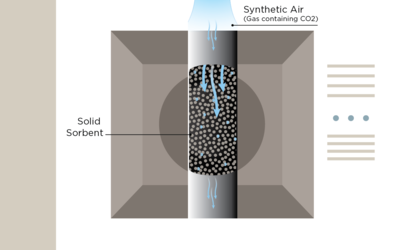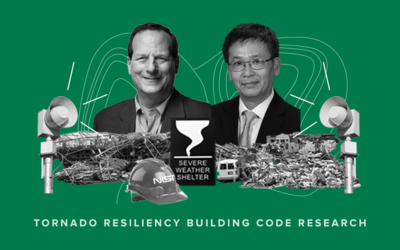NIST performs fundamental research and develops tools to advance climate-related standards, frameworks, and measurements, including:
- Measurement methods, calibrations, and performance metrics,
- Reference materials and data,
- Unique facilities and testbeds, and
- Technical guidance and resources for communities and researchers.
In accomplishing its mission, NIST relies on key partnerships with the public and private sector. NIST’s efforts fall into several categories:
- Climate Measurement and Monitoring: Working with federal partners, NIST provides the public and private sector with the measurements they need for climate-related monitoring, forecasting, and decision making. Learn more.
- Basic Research for Decarbonization of the Economy: The nation will need to update its infrastructure to continue to meet society’s everyday needs while minimizing the cost of energy production and consumption. NIST’s fundamental research promotes innovation and enables improvements to the nation’s infrastructure to support advances in energy technologies. Learn more.
- Infrastructure Resilience: NIST helps make the nation’s infrastructure — including hospitals, energy and communications systems — safer, more interoperable and more resilient to potential disasters. Learn more.
In addition, NIST’s Applied Economics Office leads a range of assessment efforts that can inform investment choices related to material manufacturing, building designs and utilities, and help improve the circularity of plastics.
Examples of the tools NIST has developed include the Building Industry Reporting and Design for Sustainability (BIRDS) and Building for Environmental and Economic Sustainability (BEES) packages.










